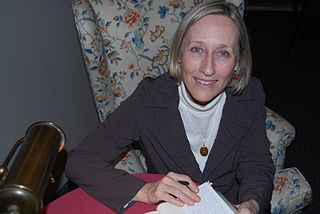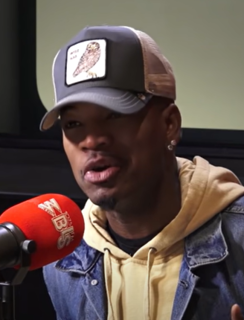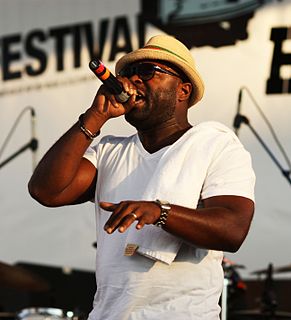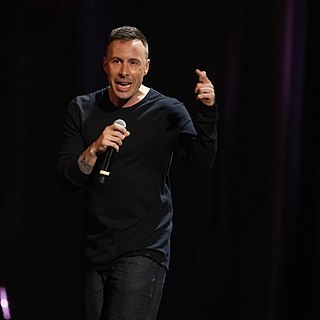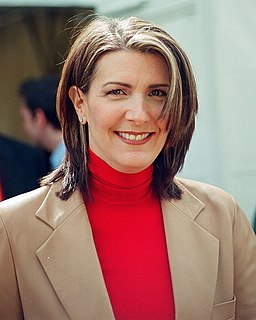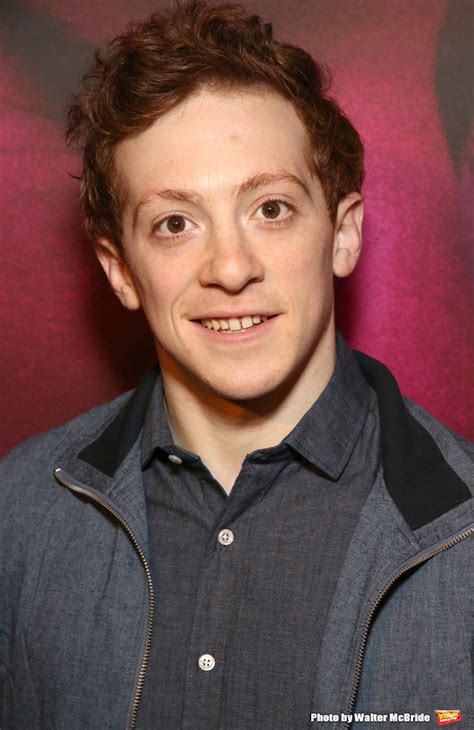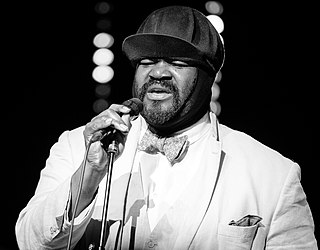A Quote by Elle Fanning
The first time we did it [voice-over], I was trying to use my face and my eyes more so and really portray that emotion, and that didn't matter. I realized you have to bring that emotion into the way you sound, and all those different layers have to be in your voice instead of the way you are wrinkling your eyebrows or whatever. I had to learn how to do that.
Related Quotes
We're always being told 'find your voice.' When I was younger, I never really knew what this meant. I used to worry a lot about voice, wondering if I had my own. But now I realize that the only way to find your voice is to use it. It's hardwired, built into you. Talk about the things you love. Your voice will follow.
But I liked you from the moment I first heard your voice,” he said, “when I had no idea what you looked like. I thought it delicious, the way you bargained for me, as though I were an old rug. Then I loved the way you looked at me. Then I loved the way you ordered me about. I loved your patient and impatient ways of explaining things to me. I love the sound of your voice and the way you move. I love your courage and your kindness and your generosity and your obstinacy and your passion.” He paused. “You’re the genius. What do you think that means?
But I'm pretty lucky with my voice. When I first started touring I went to see a woman to give me some coaching on how not to lose my voice. And she was just saying really your voice is a muscle so if you're using it all the time you should actually come back from tour with a stronger voice than you left with. And that's really how I find it.
There's this pet phrase about writing that is bandied around particularly in workshops about "finding your own voice as a poet", which I suppose means that you come out from under the direct influence of other poets and have perhaps found a way to combine those influences so that it appears to be your own voice. But I think you could also put it a different way. You, quote, find your voice, unquote, when you are able to invent this one character who resembles you, obviously, and probably is more like you than anyone else on earth, but is not the equivalent to you.
In the past, I've written my songs and then asked friends if they could record the vocals. I didn't want to use my own voice, because other people have much better voices. I was hearing the music with a voice that I don't have. It was a case of pulling whatever resources I had to get the sound I wanted, but that doesn't take anything away from the authorship. They are songs written by me that sound the way I want them to sound. Whether it's my voice or someone else's doesn't make a difference to the music.

